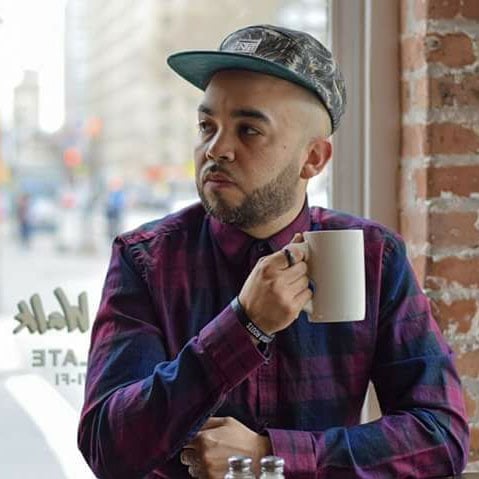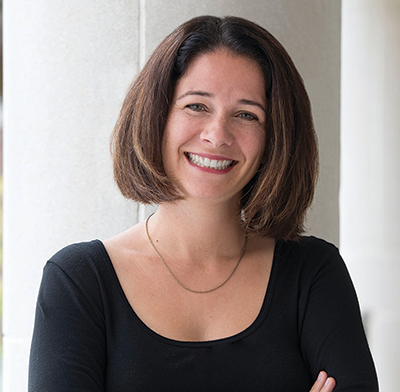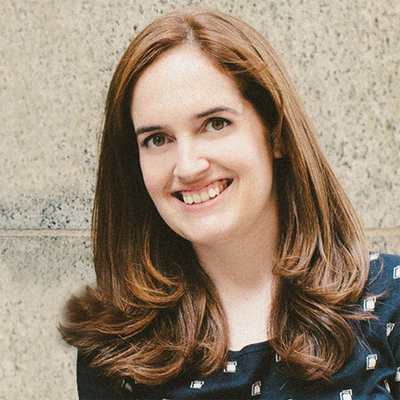Millions watched as eyewitnesses provided dramatic and often heart-wrenching testimony about Floyd’s death and experts were called to buttress the case against Chauvin. Even the most mundane aspects of trial procedures were beamed to the citizenry, lifting the veil on a function of society that most will never experience. And when the jury ultimately returned a guilty verdict on all three counts against the former officer—including second-degree murder—the nation watched as a handcuffed Chauvin was escorted to jail to await sentencing. He received due process—a basic right that wasn’t afforded to Floyd, who died pinned to the ground, crying out for his late mother.
But as we explain in the latest episode of News Beat podcast, titled “Justice Severed: Plead Guilty or Else,” the Chauvin murder trial is an outlier for the American criminal justice system.
The truth is that most cases end in a plea bargain—an agreement between the prosecutor and the defense that mostly guarantees someone will serve a shorter sentence than if convicted at trial.
Subscribe to News Beat on your favorite pod app and sign up for our newsletter.
“More than 95 percent of cases are resolved by plea bargaining, or by guilty pleas that are often the result of a plea negotiation,” Thea Johnson, associate professor of law at Rutgers Law School and an expert on guilty pleas, tells News Beat podcast. “And in some places, 100 percent of cases are resolved by plea bargains. In some places, you don't even have cases going to trial anymore.”
What the criminal justice system has created is an astonishing feat. Between the 1970s and the early 2000s, the prison system grew by more than 500 percent, making America the incarceration capital of the world. This era was defined by the racist war on drugs, the adoption of punitive sentencing laws and a policing and prison construction boom. And with the backing of the U.S. Supreme Court, prosecutors have turned trials into an American relic.
In this episode, we explore the origins of plea bargaining, how it came to dominant the criminal justice system, the dangers of leveraging bail and other tools to secure plea deals, and ways to reform the system.
Guests featured on this episode include Thea Johnson, an associate professor of law at Rutgers Law School; Carissa Byrne Hessick, professor at the University of North Carolina School of Law and director of The Prosecutors and Politics Project; and Alice Fontier, managing director of the neighborhood defenders service of Harlem. Here are a few takeaways from their interviews:
Alice Fontier
Fontier tells News Beat that the guilty plea process has "swallowed the entire criminal legal system," which has consequences not only for people's futures but also their constitutional rights.
"In New York, the number of cases that are resolved without a trial fluctuates between 98 and 99 percent," Fontier says of the percentage of plea bargains, which is consistent from state to state. "Obviously, there are many cases that are dismissed or declined to prosecute or don't result in a plea. But almost all guilty verdicts are obtained via plea."
Americans' cherished constitutional rights are also under attack, argues Fontier.
"Chiseling away at our constitutional rights is exactly what our system has done...until we have arrived at the place where your presumption of innocence, your right to present witnesses, your right to have a defense—all of those things are included only in the trial—and you have to give up, actually waive as part of your plea allocution, every single one of those constitutional rights," she says.
Are you interested in this topic? Here are other podcast episodes you might enjoy:
Thea Johnson
Johnson, who studies the guilty plea process, says there's been a significant dip in the number of trials since the 1970s, which is also the period in which "law and order" politics took shape.
"More than 95 percent of cases are resolved by plea bargaining, or by guilty pleas that are often the result of a plea negotiation," she tells News Beat. "And in some places, 100 percent of cases are resolved by plea bargains, [and] in some, you don't even have cases going to trial anymore. There's certain federal courts where they haven't held a trial in years. So plea bargaining is very much the norm. It's the way things are done. It's the bread and butter of the criminal justice system."
The tough-on-crime era was responsible for punitive sentencing laws that along with imposing harsh sentences also took discretion out of the hands of judges, effectively allowing prosecutors to consolidate power. As a result, mandatory minimums create an incentive structure that pushes most cases toward one outcome: a guilty plea with a lesser sentenced attached.
Subscribe to News Beat on your favorite pod app and sign up for our newsletter.
"So once you had all these mandatory minimums, all these enhancements, all these incredibly harsh sentencing laws that provided no discretion to the judge, and put all the power in the hands of the prosecutor to decide how the case was going to proceed based on how they charged the case and what charges or what sentences those charges corresponded with, you now have a much, much greater incentive for the average defendant to plead guilty," Johnson says. "Because essentially, you're often facing huge sentences, sentences that are out of line even with what the prosecutor might think is an appropriate resolution for the case."
Carissa Byrne Hessick
Hessick, the author of a forthcoming book about guilty pleas, witnessed first-hand how the courts churn out guilty pleas.
"I went to go visit the criminal court in Brooklyn to see, you know, just people there on misdemeanor charges, most of whom...weren't being held before trial, they were just coming back for court appearances. And they'd plead guilty, because they had to keep coming back and back and back over and over and over again. They'd show up and it would just be like a status conference where everyone would just check in and then they'd set another date."
In effect, Hessick says people also plead guilty simply to avoid the hassle of returning to court—even if they're potentially innocent.
As she explains in the podcast, plea bargaining received its constitutional stamp of approval in the 1970s when the U.S. Supreme Court affirmed the practice. One of the justices who heard the cases later gave a speech to the American Bar Association in which he argued that guilty pleas are necessary in order for the courts to properly function, Hessick notes.
"He was very, very clear that the system needed plea bargaining. He said, 'look right now...80 percent of cases plead guilty. So 80 percent of convictions are from guilty pleas. And if we had only 70 percent of cases plead guilty, we'd have to increase by 50 percent, the number of courtrooms and judges and jury trials, and that would be really expensive,'" Hessick says. "And the courts are already backlogged and have resource constraints...So, he said, it's important that we make sure not to discourage plea bargaining, because we the courts would have to pay the price."
To learn more about how plea bargaining has taken over the criminal justice system, listen to the episode via the web player above or on your favorite podcast app.










